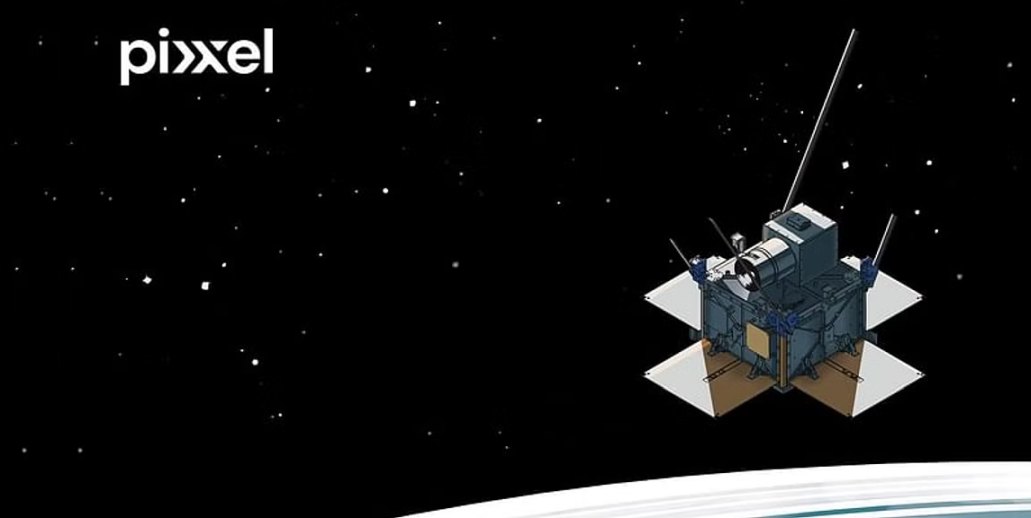Google leads a $36M investment in Indian satellite imaging startup Pixxel

Pixxel, a Bengaluru, India-based Pixxel satellite-image startup, announced Thursday it has secured $36 million in funding led by Alphabet’s Google, a new investor for the company. The startup did not specify the exact amount Google had invested in the company.
This investment holds significance as it marks the first major funding in the Indian space sector since the government initiated its privatization policy in April. The financial support from Google highlights the growing interest and potential in the Indian space industry.
With this funding, Pixxel plans to utilize the new capital infusion to further its mission of constructing the world’s initial and highest-resolution hyperspectral satellite constellation. This ambitious endeavor aims to provide valuable climate insights on a global scale, offering actionable information regarding climate-related matters.
Founded in 2019 by CEO Awais Ahmed and Kshitij Khandelwal, Pixxel’s mission is to leverage advanced satellite technology to contribute to a better understanding of the Earth’s climate and enable informed decision-making for addressing environmental challenges. Pixxel’s clients include Miner Rio Tinto Ltd. and Australian agritech company DataFarming, the company said.
The inspiration for Ahmed’s venture into the space industry stemmed from a visit to Elon Musk’s SpaceX as part of a student competition to develop a demonstration “hyperloop” transport pod. Alongside co-founder Kshitij Khandelwal, Ahmed embarked on a mission to create an AI model capable of utilizing satellite data to predict crop yields, identify illegal mining activities, and monitor natural disasters.
Pixxel was founded after the realization that existing commercial satellite images lacked the necessary level of detail. The company’s satellites employ hyperspectral imaging technology, which involves capturing and analyzing a broad spectrum of light instead of assigning primary colors to each pixel.

Pixxel intends to allocate the funding towards the expansion of its satellite network. The company is preparing to launch six satellites next year, in addition to the three already in operation. Moreover, Pixxel plans to hire more engineers to strengthen its analytics capabilities. Ahmed also added that the new funding proceeds will also be used to bolster the company’s plans to launch six satellites in 2024 and another 18 by 2025.
“With this round of funding, we are even closer now to realizing our mission of building a health monitor for the planet, and empowering people around the world to make informed decisions about our collective well-being,” Ahmed added. Since its inception four years ago, Pixxel has raised more than $71 million from investors including Accenture PLC.
In a statement, Ahmed said Pixxel would be “the most valued space tech company in India after this investment.” He also told Reuters that the company “works with satellite data and Google does a lot of work around that with agriculture and environment,” adding that “they also have Google Earth … so a combination of that led to them seeing a benefit.”
Pixxel is among the many private companies looking for a fillip since India opened the space sector, encouraging startups to deliver broadband services like Starlink and to power applications like tracking supply chains.
In April, the government introduced its framework for private-sector space policy. This funding comes at a time when startups across various industries, including the space sector, have faced challenges in raising funds. Notably, space startups have encountered additional pressure following the bankruptcy of Virgin Orbit, Richard Branson’s launch company.

